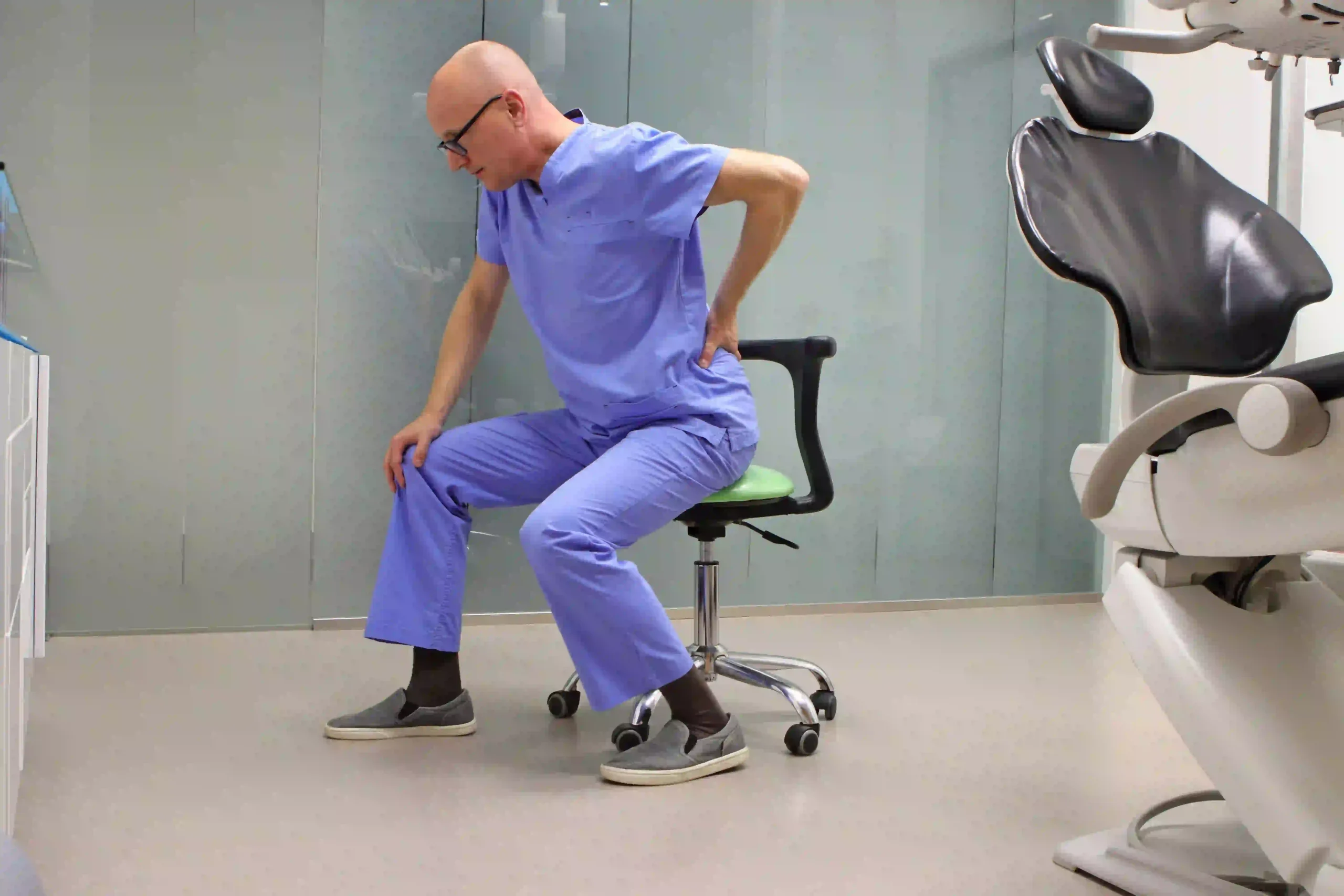Dentistry, like many medical professions, often focuses on patient care. However, the individuals providing that care — our valued dentists, hygienists, and dental support staff — face their own unique set of challenges. With the constant pressure of maintaining precision, managing patient anxiety, and administrative duties, it’s no wonder the topic of burnout and mental well-being has emerged as a critical issue in the dental community.
1. Recognizing the Unique Stressors in Dentistry
Dentistry’s Distinct Challenges: The intimate nature of dental procedures, high patient anxiety levels, and the precision required can combine to create a high-stress environment.
Key Takeaways:
- Regularly dealing with anxious patients can be emotionally draining.
- The physical demands, including maintaining static postures, can contribute to chronic pain.
- Balancing clinical work with administrative tasks adds additional layers of stress.
2. The Silent Epidemic: Burnout in Dentistry
What Burnout Looks Like: Extended periods of stress can culminate in burnout, characterized by emotional exhaustion, reduced professional efficacy, and increased mental detachment.
Key Takeaways:
- Burnout can lead to reduced patient care quality and increased clinical errors.
- Personal life may suffer, with signs like irritability, fatigue, or feelings of hopelessness.
- It can manifest physically through sleep disturbances, frequent illnesses, or chronic pain.
3. Building Resilience and Coping Mechanisms
Strengthening the Mental Fortitude: Coping mechanisms can be cultivated to navigate stressful situations and reduce the risk of burnout.
Key Takeaways:
- Regular breaks during the day can provide mental refreshment.
- Mindfulness and meditation practices can help manage stress and maintain focus.
- Setting clear boundaries between work and personal life ensures adequate downtime.
4. The Role of Peer Support and Mentorship
Community Over Competition: Having a support system within the profession can offer a safe space to share concerns and seek advice.
Key Takeaways:
- Experienced dentists can provide mentorship, sharing strategies for managing workplace stress.
- Peer groups or support circles can offer understanding, solidarity, and resources.
- Regular community events or get-togethers can foster camaraderie and reduce feelings of isolation.
5. Addressing Physical Health
Body and Mind Connection: Maintaining physical health can significantly influence mental well-being, given the physical demands of dental professions.
Key Takeaways:
- Ergonomic equipment and regular physical therapy can alleviate work-related physical strains.
- Regular exercise can act as a stress-reliever and improve overall mood.
- Adequate sleep is crucial for cognitive functions and emotional balance.
6. Seeking Professional Help
When It’s Time to Talk: Recognizing when professional assistance is needed is a sign of strength, not weakness.
Key Takeaways:
- Regular therapy or counseling can provide coping strategies and a space for venting.
- Many dental organizations offer helplines or resources for practitioners facing burnout or mental health challenges.
- Workshops focused on mental well-being can offer insights and practical tools for daily life.
7. Creating a Supportive Work Environment
From Competition to Collaboration: A supportive work environment can significantly reduce daily stressors and promote well-being.
Key Takeaways:
- Regular team-building activities can foster mutual respect and understanding.
- Open communication channels allow staff to voice concerns and suggest improvements.
- Offering flexible work schedules or regular mental health days can provide necessary respites.
8. Embracing Work-Life Balance
More than Just a Dentist: Remembering individuality outside of the profession can help in maintaining a balanced perspective.
Key Takeaways:
- Engaging in hobbies or activities outside of dentistry can offer mental diversions.
- Vacations or breaks, even short ones, can rejuvenate both mind and body.
- Spending quality time with loved ones can provide emotional support and grounding.
Conclusion
While the smiles dentists help create radiate health and happiness, it’s essential to ensure that the well-being behind those professional smiles is equally prioritized. By acknowledging the challenges, promoting open conversations, and creating supportive environments, the dental community can ensure that its members not only thrive in their profession but also maintain a holistic sense of well-being. The strength of the dental community lies in its unity, and together, they can address and overcome the challenges of burnout and mental health.


0 Comments